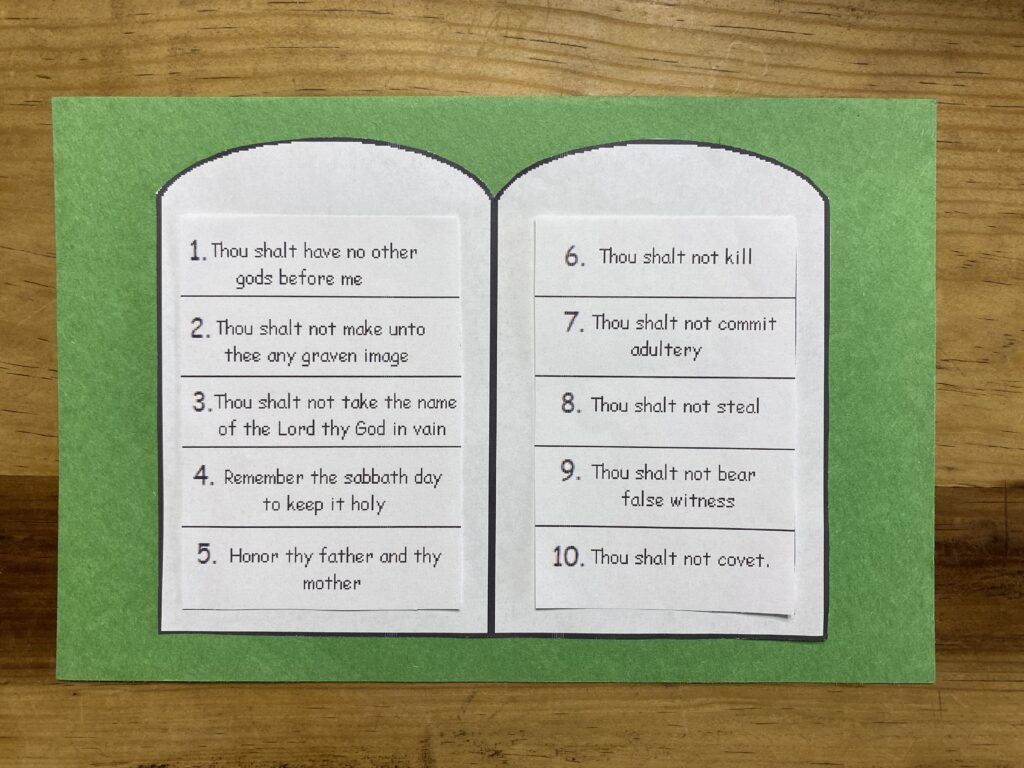
Key Verse
Be ye therefore very courageous to keep and to do all that is written in the book of the law of Moses, that ye turn not aside therefrom to the right hand or to the left.
—Joshua 23:6
Key Verse Thought: Read today’s Key Verse. In this verse, courageous means “to be firm; be strong; to retain, hold fast, or keep.” What are we to be strong doing? We are to do all that is written in God’s Word. Notice especially the addendum: “that ye turn not aside therefrom to the right hand or to the left.” There is no allowance for variance – one must adhere directly to God’s Word and hold fast to it with all of our might. In this lesson, we will learn of three kings. Rehoboam, who was not courageous to do all written in the book of the law; Abijam (Abijah), who walked in the sins of his father, and a king (Asa) who, after being very courageous, turned aside at the end of his life.
Emphasis: In this lesson, we are to understand that God wants to show Himself mighty to His people (Christians). We are also to recognize the importance of remaining courageous – obeying God and His Word all throughout our lives – never failing as King Asa did toward the end of his life.
Lesson Summary: In the last quarter, we learned about Israel, the Northern Kingdom, and how they were carried captive. In this lesson, we will begin our study of Judah, the Southern Kingdom.
We will begin by remembering King Rehoboam’s reign and what happened to cause the nation to divide into two separate kingdoms. King Rehoboam was considered a bad king because he forsook God. When Rehoboam died, his son, Abijam (Abijah), became the king of Judah. He “… walked in all the sins of his father, which he had done before him: and his heart was not perfect with the LORD his God, as the heart of David his father” (1 Kings 15:3). Abijam (Abijah) was also considered a bad king. Little is recorded about him in First Kings, so we will focus on information in Second Chronicles. He only reigned for three years, and although God used him to do good things for Judah (King Abijam had the right reasons for fighting King Jeroboam), God knew King Abijam’s (Abijah’s) heart.
When King Abijam (Abijah) died, his son, Asa, became king. Asa reigned for 41 years in Jerusalem, “And Asa did that which was right in the eyes of the LORD, as did David his father” (1 Kings 15:11). He was a good king and it was during his reign that he made many great reformations, and the people of Judah turned their hearts back to God. King Asa knew to cry out to God when the enemy came against Judah, and God was able to show himself mighty before the people. When God sent His prophet to speak to King Asa, he listened. He was told to be strong and seek God, continually. He took courage, and removed the idol worship and broke down the false places of worship. The people recognized God was with King Asa. He even removed his grandmother as queen because she worshiped an idol. He also destroyed her idol. Nevertheless, toward the end of King Asa’s reign, King Baasha of Israel came against a city in Judah. King Asa sought the help of an enemy nation. Although they gained the city back, Asa had failed to seek the Lord. God sent his prophet with a message, but King Asa rejected the message. After this, King Asa was diseased in his feet, but he sought the physicians and never sought God. He died of the disease in his feet.
Y2Q4 – Lesson 6 Children’s Worksheets
See the following for a craft idea if you teach this with young children:

Leave a Reply